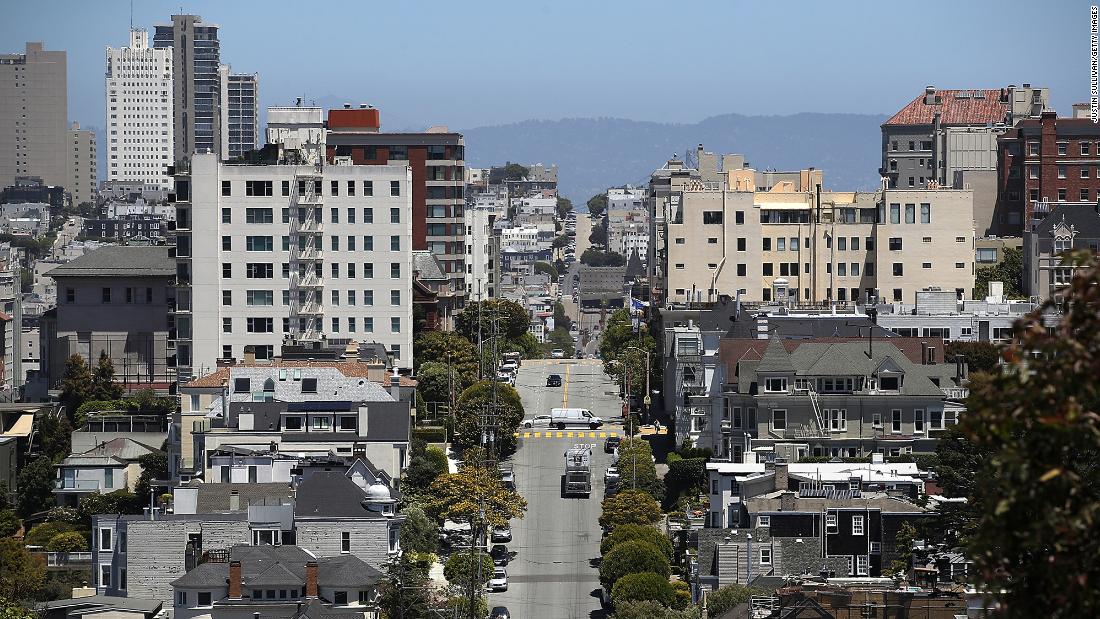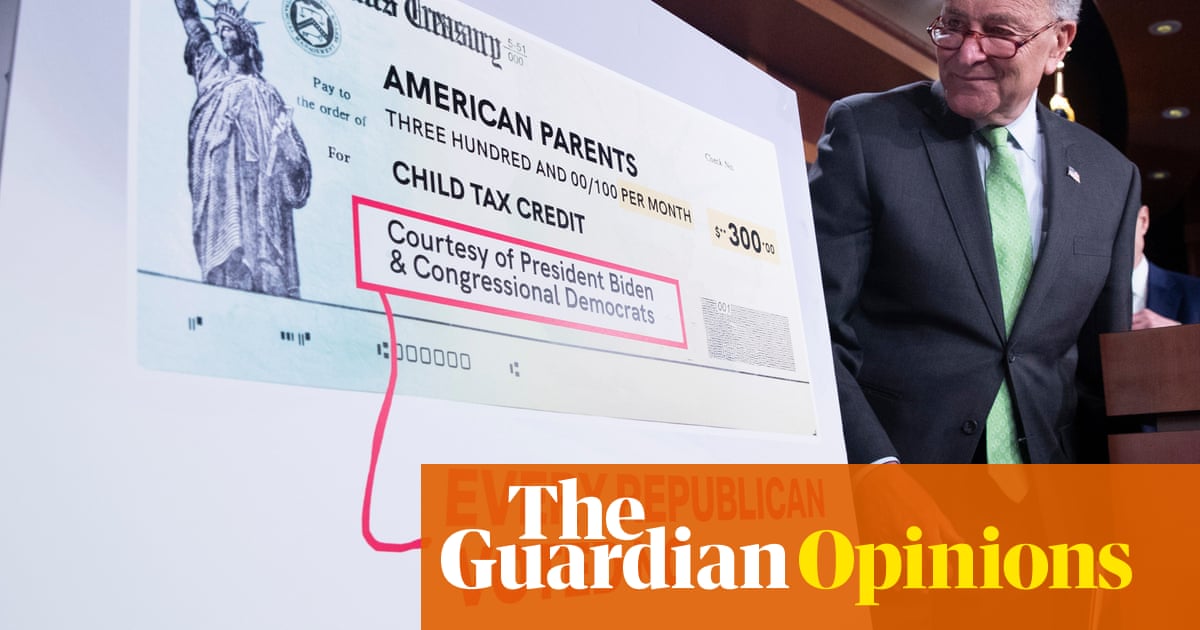We Can’t Afford to Shrink the Infrastructure Bill Opinion | We Can’t Afford to Shrink the Infrastructure Bill
When centrist Democrats argue against new spending, they often bring up the interests of future generations — whatever bill we run up now, our grandchildren will have to pay off. But when it comes to climate change, the opposite is true. The cost of mitigating and preparing for climate change is very high, but the cost of not doing those things is even higher.
The second reason is climate mitigation, which requires the reduction of fossil-fuel emissions. It involves an economic concept known as the social cost of carbon, or the cost to future generations of the carbon we emit today. The economist William Nordhaus has pegged the social cost of carbon at $44 per ton, meaning each new ton we emit incurs future costs worth at least $44 in 2010s money. The Obama and Biden administrations, relying partly on his model, arrived at a social cost of about $50.
When centrist Democrats argue against new spending, they often bring up the interests of future generations — whatever bill we run up now, our grandchildren will have to pay off. But when it comes to climate change, the opposite is true. The cost of mitigating and preparing for climate change is very high, but the cost of not doing those things is even higher.
The second reason is climate mitigation, which requires the reduction of fossil-fuel emissions. It involves an economic concept known as the social cost of carbon, or the cost to future generations of the carbon we emit today. The economist William Nordhaus has pegged the social cost of carbon at $44 per ton, meaning each new ton we emit incurs future costs worth at least $44 in 2010s money. The Obama and Biden administrations, relying partly on his model, arrived at a social cost of about $50.






/cloudfront-us-east-2.images.arcpublishing.com/reuters/MGZWRZWZVFP47FZUIO5UQZ3VVU.jpg)
